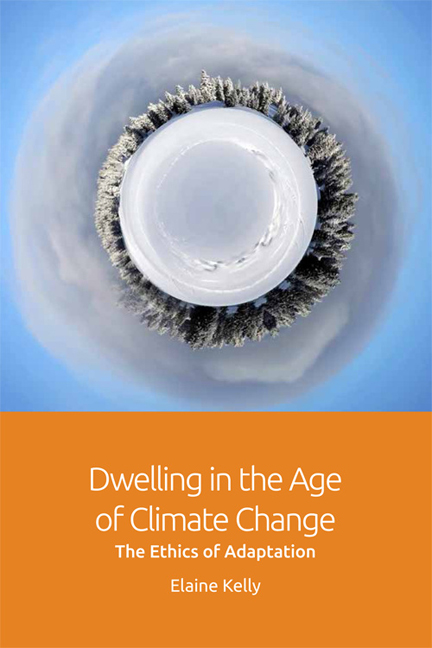3 - The Mobility Agenda
Published online by Cambridge University Press: 29 April 2021
Summary
‘The rights and the dignity of millions of fellow human beings will be further diminished if they languish in camps or on the margins of cities without access to basic needs, livelihoods and income opportunities.‘
Ban Ki MoonIn Chapter 1, I sought to anchor our discussion by outlining the political construction of adaptation. I examined the commitment to the ‘local’ in adaptation policies and in turn highlighted the implications this has for questions of identity and place. I have demonstrated that there are multiple reasons for starting with in situ adaptation, some economic and political, others cultural, social and ethical. This includes the cultural and emotional pull of ‘roots’ for some peoples; hence the Kiribati position that migration is a ‘last resort’. In Bangladesh too, some have argued that ‘a close sense of attachment to land, family and culture inhibits movement abroad’ (McAdam and Saul 2010: 244). In this way, it makes ethical sense to support in-country adaptation. A further factor is the recognition that a continuous place of belonging, alongside economic opportunities, can provide social and psychological stability. This explains the role that the development sector plays in facilitating the implementation of adaptation projects aimed at helping people stay put, or ‘safe and in place’ (Martin et al. 2013; Walsham 2010).
However, by bringing to light the geopolitics of the Pacific as an example, I have suggested that adaptation policy cannot by-pass the cultural and ethical aspects of place, dwelling and mobility. Moreover, I have alluded to the possibility of being in one's ‘place’ and simultaneously being unsafe or disturbed by what the future holds (as in the case of the people of Newtok, Alaska). I have argued that our articulation of adaptation must grapple with the complex nature of human mobility. Examples of mobility range from chronic internal displacement, immobility or experiences of being trapped in a place, forced and ‘voluntary’ migration, and communal relocation. These issues will not simply disappear and must, at least to start with, be considered under the adaptation umbrella. The fact of widespread and growing human movement forces us to confront the relationship between place/lessness, identity and ethics anew.
- Type
- Chapter
- Information
- Dwelling in the Age of Climate ChangeThe Ethics of Adaptation, pp. 61 - 86Publisher: Edinburgh University PressPrint publication year: 2018

